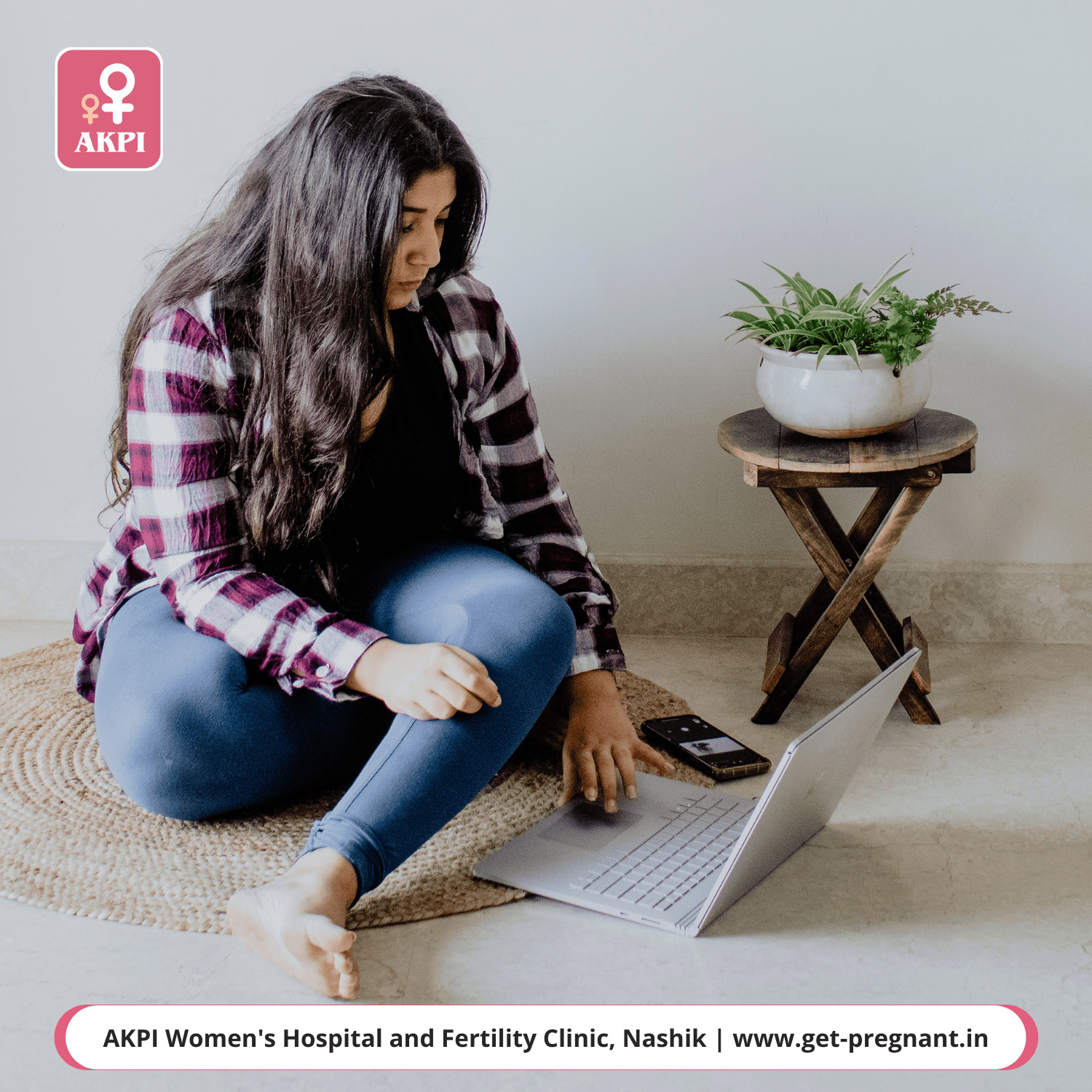Women anxious to conceive often resort to doing pregnancy test in the latter half of their cycle to know whether they are pregnant. Here, markers like Human Chorionic Gonadotrophins (HCG), secreted in the urine help assess a positive test. This HCG is produced by the syncytiotrophoblasts of the fertilized eggs. Here are popular types of pregnancy tests that your gynecologist may recommend.
A. Urine Pregnancy Test (UPT)
UPT is fairly reliable, and can be done anytime between 6 to 12 days after ovulation. But a false negative result can occur if it’s done too early. Hence when menstruation occurs, that is around 14 days after ovulation, a good time is once a period is missed or in or around the expected date.
Again false positives may occur if there is use of drugs containing HCG or other medicines, liver disorders, germ cell tumours, gestational trophoblastic diseases.
A POSITIVE PREGNANCY TEST IS WHEN THERE ARE 2 LINES ON THE STRIP OR THE CARD. WHEN THE TEST (T) LINE APPEARS , IT IS SAID TO BE POSITIVE.
B. Blood Pregnancy Tests (beta HCG)
The other way to test pregnancy is using a blood pregnancy test. This is usually not done because of the associated costs and that the results take time.
Comparatively, a UPT can be done easily at home or a doctor. And the results are generally considered very reliable. But if the test is unable to determine the pregnancy, a blood test may be recommended by the doctor.
Tweaking is one of the trends used bye impatient, eager to-be parents.
Some women, when nervous enough to confirm their pregnancy, do a pregnancy test 5-6 days before their expected periods. In such cases, they resort to Tweaking to enhance the line to possibly make it clearer to the naked eye. This is done by photoshopping using a digital camera to enhance the second faint line.
However, one must understand that this undue haste can lead to wrong interpretations and heartbreak. For example, couples suffering from childlessness can get in to a deep pool of devastation if the tweaking test gives a false positive.
When to consult your doctor.
If you have done a home pregnancy test, and it has confirmed that you’re pregnant, it is recommended that you consult your Ob/Gyn. As per the recommendation by experts, you must visit your doctor for your first prenatal consultation within eight weeks of your last menstrual period (LMP).
Q&A: Ask the Doctor
Get trusted medical advice –
Having a baby is undoubtedly the most joyous moment for every couple. However, the process can involve a series of doubts, questions about fertility, confusion about pregnancy, childbirth and issues one may wish to ask experienced ivf specialists and gynecologists.
Ask a question to Dr. Samir Pawar.
Get brief answers to your questions sent to help@get-pregnant.in or via the contact form here.




